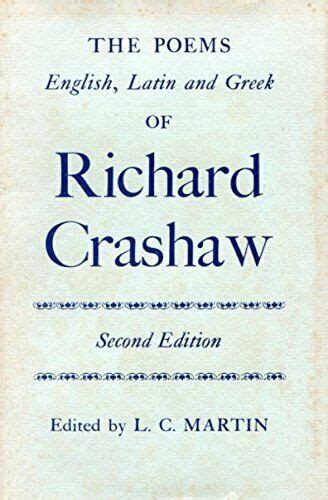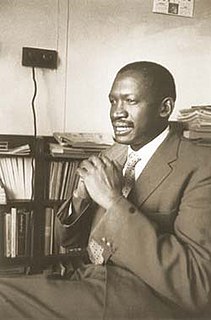A Quote by Samuel Taylor Coleridge
Therefore all seasons shall be sweet to thee,
Whether the summer clothe the general earth
With greenness, or the redbreast sit and sing
Betwixt the tufts of snow on the bare branch
Of mossy apple tree.
Related Quotes
I think that I shall never see A poem lovely as a tree. A tree whose hungry mouth is pressed Against the earth's sweet flowing breast; A tree that looks at God all day And lifts her leafy arms to pray; A tree that may in summer wear A nest of robins in her hair; Upon whose bosom snow has lain; Who intimately lives with rain. Poems are made by fools like me, But only God can make a tree.
For A to sit down and think, What shall I do? is commonplace; but to think what B ought to do is interesting, romantic, moral, self-flattering, and public-spirited all at once. It satisfies a great number of human weaknesses at once. To go on and plan what a whole class of people ought to do is to feel one's self a power on earth, to win a public position, to clothe one's self in dignity. Hence we have an unlimited supply of reformers, philanthropists, humanitarians, and would-be managers-in-general of society.




































